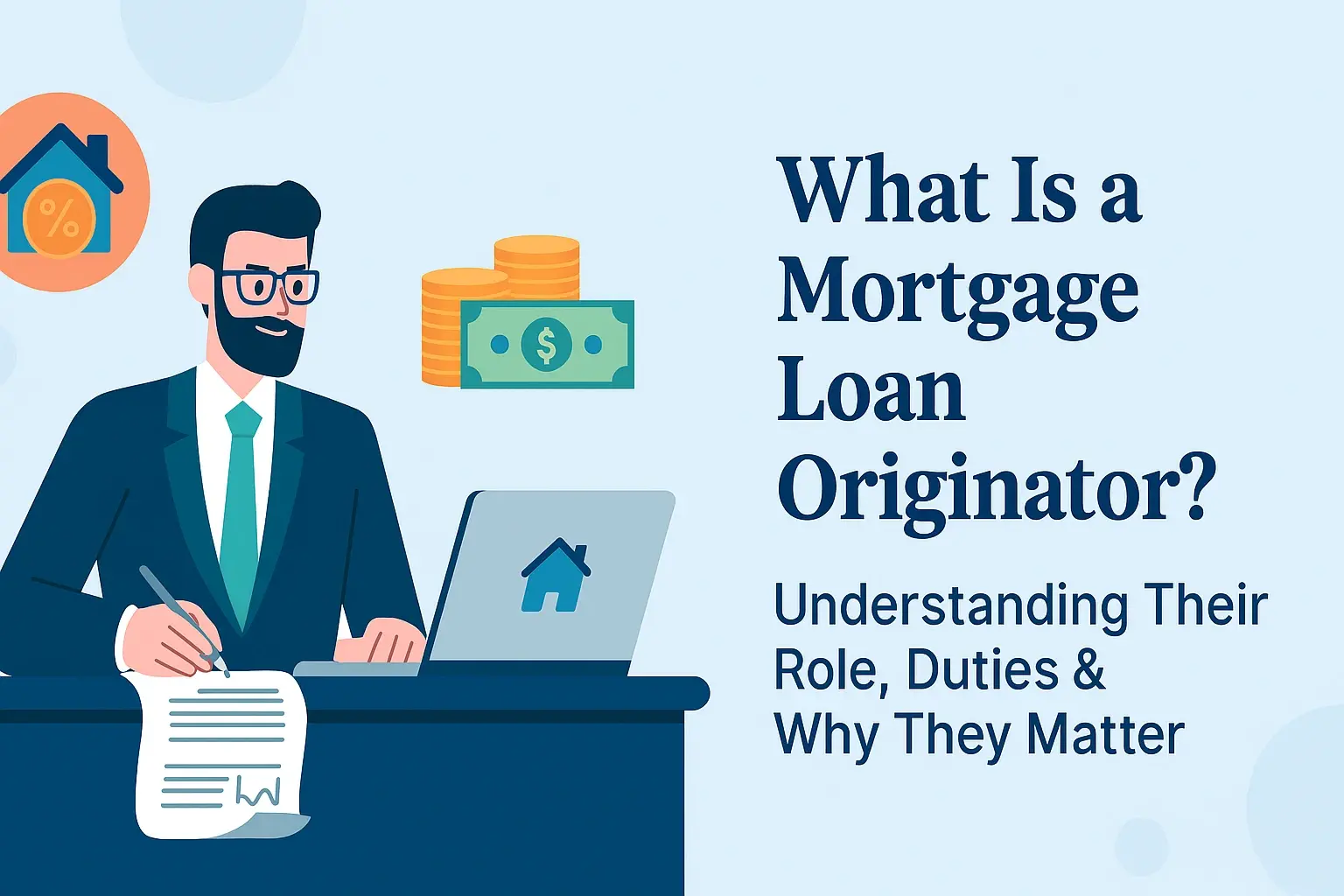-
Posted on: 06 Aug 2024

-
Your credit score is a three-digit number that reflects your creditworthiness. It's a crucial component of your financial health, influencing everything from loan approvals to interest rates. A "bad" credit score can significantly impact your ability to access credit and may even affect other areas of your life. This comprehensive guide will explain what constitutes a bad credit score, its consequences, and actionable steps you can take to improve it.
Understanding Credit Scores and Ranges
Before diving into what a "bad" score is, it's essential to understand the standard credit scoring systems and their corresponding ranges. The two most common credit scoring models are FICO and VantageScore.
FICO Score
The FICO score is the most widely used credit scoring model by lenders. Its range is typically from 300 to 850.
- Exceptional: 800-850
- Very Good: 740-799
- Good: 670-739
- Fair: 580-669
- Poor: 300-579
VantageScore
VantageScore is another credit scoring model developed by the three major credit bureaus: Equifax, Experian, and TransUnion. Its range is also 300 to 850, and the scoring categories are similar to FICO's.
- Excellent: 750-850
- Good: 700-749
- Fair: 650-699
- Poor: 550-649
- Very Poor: 300-549
What is Considered a Bad Credit Score?
Generally, a credit score below 670 (FICO) or 650 (VantageScore) is considered "fair" to "poor." A score within the "poor" range (300-579 for FICO and 300-549 for VantageScore) is typically considered a bad credit score. This means you're perceived as a higher-risk borrower, making it difficult to obtain credit on favorable terms.
Even a score in the "fair" range can present challenges. While not as severe as a "poor" score, it can still lead to higher interest rates and limited approval options.
Factors Contributing to a Bad Credit Score
Understanding the factors that contribute to a bad credit score is crucial for taking corrective action. Here are the primary factors considered by credit scoring models:
Payment History (35% of FICO Score)
This is the most significant factor. Late payments, defaults, bankruptcies, and collections have a substantial negative impact on your credit score. Even a single late payment can lower your score, especially if you have a thin credit file.
Amounts Owed (30% of FICO Score)
This refers to the amount of debt you owe relative to your available credit. A high credit utilization ratio (the amount of credit you're using compared to your credit limit) can negatively affect your score. Ideally, keep your credit utilization below 30% on each credit card.
Length of Credit History (15% of FICO Score)
A longer credit history generally indicates a more predictable borrowing behavior. The age of your oldest account, newest account, and the average age of all your accounts are considered.
Credit Mix (10% of FICO Score)
Having a mix of different types of credit accounts (e.g., credit cards, installment loans, mortgages) can demonstrate your ability to manage various types of debt responsibly. However, it's not necessary to open accounts you don't need just to improve your credit mix.
New Credit (10% of FICO Score)
Opening too many new credit accounts in a short period can negatively impact your score. Each application for credit can trigger a hard inquiry, which can slightly lower your score. It suggests to lenders that you may be relying heavily on credit.
The Impact of a Bad Credit Score
A bad credit score can have far-reaching consequences beyond just difficulty obtaining a loan. Here are some of the ways it can impact your life:
Difficulty Obtaining Credit
This is the most direct consequence. Lenders are less likely to approve applications for credit cards, personal loans, auto loans, or mortgages if you have a bad credit score. If you are approved, you'll likely be offered unfavorable terms, such as high interest rates and restrictive loan conditions.
Higher Interest Rates
Even if you are approved for credit, a bad credit score typically means you'll pay significantly higher interest rates. This can add up to thousands of dollars in extra costs over the life of a loan. For example, the difference between a "good" and "poor" credit score can be several percentage points on a mortgage, resulting in a much higher monthly payment.
Difficulty Renting an Apartment
Many landlords check credit scores as part of the rental application process. A bad credit score can make it difficult to rent an apartment, as landlords may see you as a higher-risk tenant.
Higher Insurance Premiums
In some states, insurance companies use credit scores to determine insurance premiums. A bad credit score can lead to higher premiums for auto insurance and homeowner's insurance.
Difficulty Getting a Job
Some employers, particularly in the financial industry or those requiring security clearances, may check credit scores as part of the hiring process. A bad credit score could raise concerns about your financial responsibility and potentially affect your employment prospects.
Difficulty Securing Utility Services
Utility companies may check credit scores when you apply for services like electricity, gas, or water. A bad credit score could require you to pay a larger security deposit.
Impact on Security Deposits
Similar to utility services, companies requiring security deposits, such as cell phone providers, might charge higher deposits with a poor credit score. This is because they perceive you as a higher risk of non-payment.
How to Improve a Bad Credit Score
Improving a bad credit score takes time and consistent effort, but it's definitely achievable. Here are some strategies you can implement:
1. Pay Bills on Time
This is the most important step. Set up automatic payments or reminders to ensure you never miss a due date. Even one late payment can negatively impact your score.
2. Reduce Credit Card Balances
Lower your credit utilization ratio by paying down your credit card balances. Aim to keep your utilization below 30% on each card. Consider making multiple payments throughout the month to keep your balances low.
3. Dispute Errors on Your Credit Report
Obtain a copy of your credit report from each of the three major credit bureaus (Equifax, Experian, and TransUnion). Review them carefully for any errors or inaccuracies. If you find any, dispute them with the credit bureau. You can often do this online.
4. Become an Authorized User
If you have a trusted friend or family member with good credit, ask if they'll add you as an authorized user on one of their credit cards. Their positive payment history can help improve your credit score, although this benefit is not guaranteed and depends on the credit card issuer’s reporting practices.
5. Consider a Secured Credit Card
A secured credit card is a type of credit card that requires a security deposit. It can be a good option for rebuilding credit if you have a bad credit score. Make sure the issuer reports to all three major credit bureaus.
6. Get a Credit-Builder Loan
A credit-builder loan is a small loan designed to help you build credit. You make regular payments, and the lender reports your payment history to the credit bureaus. The funds borrowed are often held by the lender until the loan is repaid.
7. Limit New Credit Applications
Avoid applying for too many new credit accounts at once. Each application can trigger a hard inquiry, which can slightly lower your score. Only apply for credit when you truly need it.
8. Monitor Your Credit Report Regularly
Keep an eye on your credit report to track your progress and identify any potential problems early on. You can get a free credit report from each of the three major credit bureaus once a year at AnnualCreditReport.com.
9. Resist Credit Repair Companies with Unrealistic Promises
Be wary of credit repair companies that promise to fix your credit overnight or remove negative information from your credit report that is accurate. They often charge high fees for services you can do yourself.
Patience and Persistence Are Key
Improving a bad credit score takes time and discipline. Don't expect to see results overnight. Be patient and consistent with your efforts, and you will eventually see your credit score improve. Remember to focus on building positive credit habits and managing your debt responsibly.











